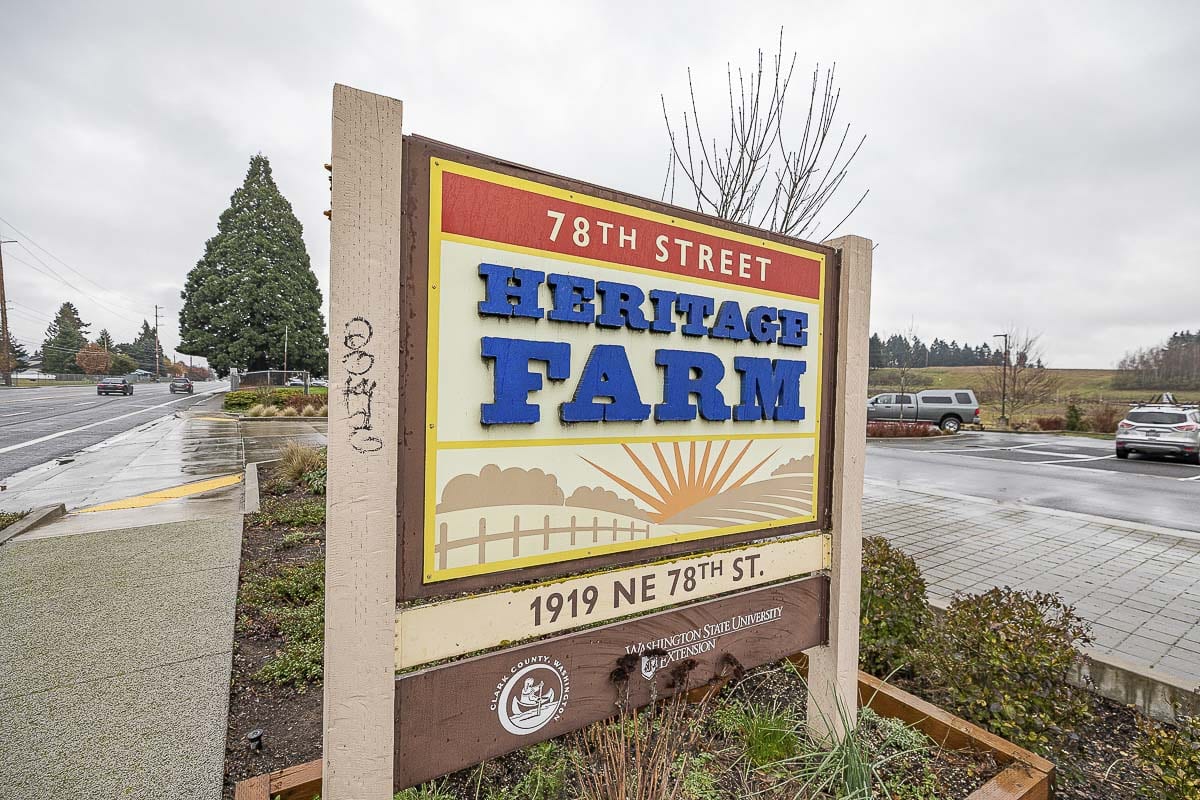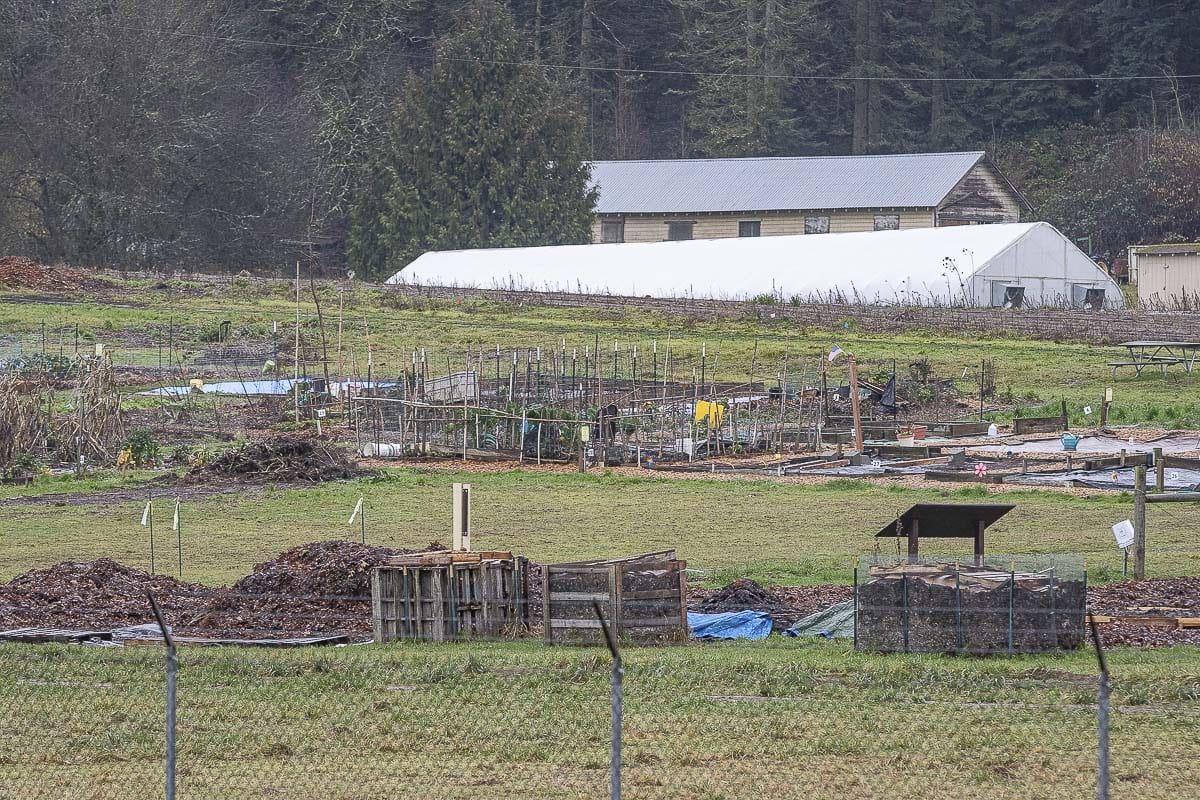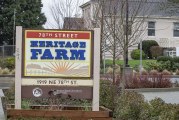78th Street farm will enter first phases of official business and program planning in 2020
VANCOUVER — After conversing with the public and experts both within and outside county staff, Clark County Council voted to approve a new 10-year master plan for the 78th Street Heritage Farm this week.

The plan, which was a collaborative effort between stakeholders and county Public Works staff, lays out a strategy for cost recovery, program implementation, property management, business modeling, and new land uses.
“It’s our pleasure to bring the Master Plan for Heritage Farm before you for your adoption today,” said Public Works Director Ahmad Qayoumi. “For over a year we have been involved in a number of public outreach and community open houses through planning commission and also workshops with council.”
In January and February, council workshopped the farm’s future through dialogues with members of the Washington State University Extension Program, which operates at the farm, as well as county experts. The initial conversation on renewing the master plan began over a year ago, and the process has taken more time than was originally predicted.
With this new plan, bringing the farm to a self-sustaining level is a top priority. Other goals include expansion of existing farming areas, finalization of an interpretive trail loop through the farm property, construction of flexible event spaces, and short term as well as long term financial strategies towards that overall goal of sustainability.
The business and marketing plan which will be part of the master plan, aims to deliver a cost recovery target and appoint a project lead. It will also set up consulting for use options on the northern corner of the property, as well as create means for engaging the public and marketing the farm.
County staff have set the goal of appointing a project lead by April 1, and will then secure the aforementioned consulting services by the end of May. In the long term, the business and marketing plan is slated to be complete this summer, and concepts will be brought back to council in September. Final approval of the staff report is tentatively set for December of 2020, with implementation of the strategies and plans moving forward in 2021.
“It’s our goal to make sure there’s a lot of public engagement and also council involvement,” Qayoumi said. “So we’ll have a series of meetings, to make sure there’s a lot of input put in from the staff and also from the community, [So they] are part of that business plan.”
Council shared their encouragements for the process before voting to approve the plan. The vote was unanimous, and all comments from council contained optimism as well as advice on achieving success.
“I’m hopeful that throughout this process we keep them [stakeholders] engaged, because it’s a valuable resource to us,” said Councilor Gary Medvigy. “I remain convinced that what we really need is a management structure that’s responsive to our policy guidance, and as you parse through that, between parks and public works, I would like to see something, of what I’m used to, action analysis. The pros and cons of who takes that lead.”

“This is, as we know, a very community sensitive issue, and when things kind of go a little off the rails we’re the ones who hear about it. So, being aware of the work that’s being done and what’s being put out into the community would be really helpful,” said Councilor Temple Lentz.
In addition to council, the public shared their wide-shared relief and gratitude for the passage of the plan. Many that shared either work on or in connection with the farm in some capacity, whether it be volunteer or staff.
“The Heritage farm is a unique resource for Clark County residents. It supports multiple groups, farmers, gardeners, naturalists, and other community members,” said Suasn Yeager, of the WSU Extension and the Master Gardener Foundation. “It is also a natural habitat for many pollinators, birds and other animals. The wetland onsite is home to many birds and amphibians. The value of the Heritage Farm cannot be measured only in dollars. There are many intangible benefits.”
“There’s a lot of kids that are in 4H, and etymology is not something that is part of 4H, so you already have an incubator [farm] project going on there whether you realize it or not,” said Dane Arnett, the president of the Pacific Northwest Queen Rearing Club, which is working at the farm to raise queen bees. “It’s really important with everybody who has kids, grandkids, to know that that spot is going to be there. So, I applaud you for approving this.”
Also read:
County council workshops Heritage Farm future





